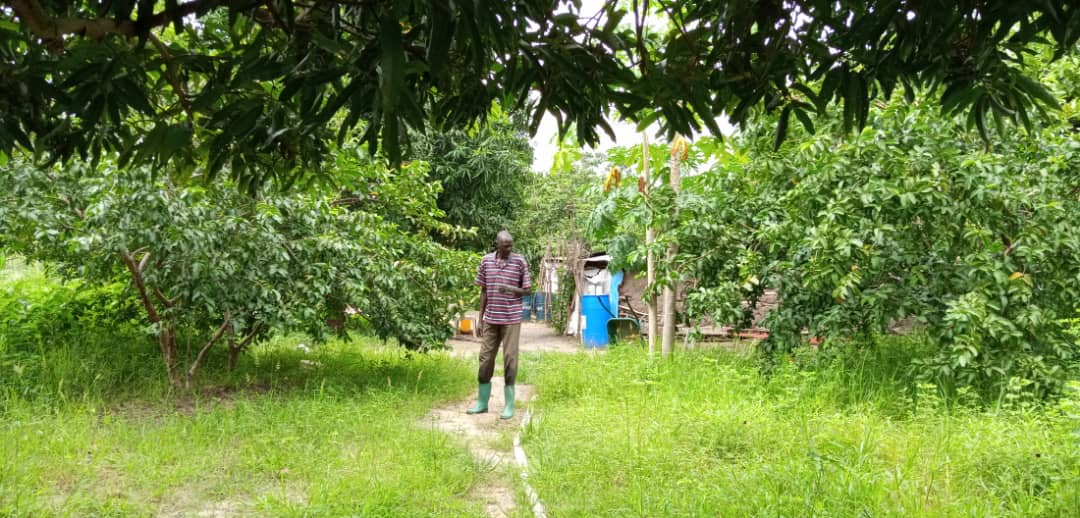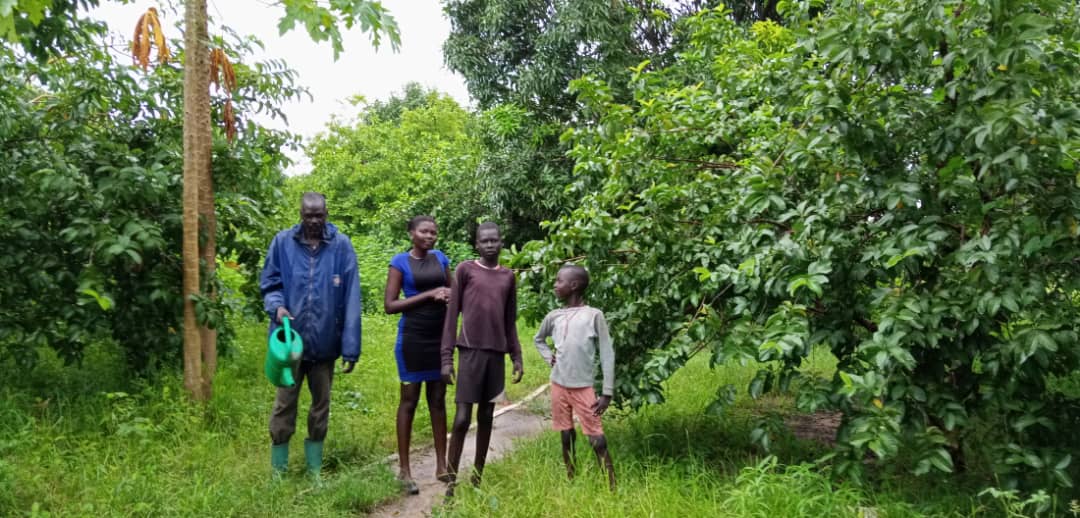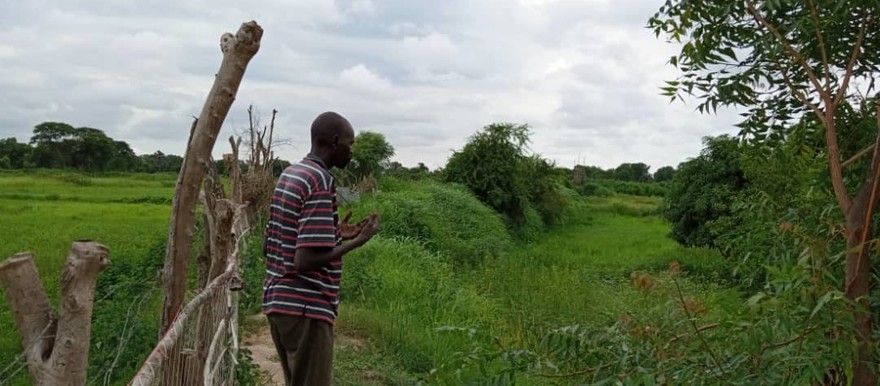50-year-old Paul Alim Amol retired from the military after the signing of the 2005 peace deal which ended the civil war in Sudan. But unlike most of his agemates, he is involved in a business that many people in his area would frown upon — fruit farming.
He earns about two million Pounds a year from his farm in South Sudan’s Jonglei State.
Alim told Radio Tamazuj that he defied the taboo among the locals and ventured into fruit farming soon after returning from the bush in 2005.
The ex-soldier, who also served as a director in the state agriculture ministry, said his farm raises income to meet his family expenditures.
How Alim started
“My initial plans were to plant mango seedlings and distribute to Bor residents to replace for those trees cut during the 2007 survey of the town but as they were encouraging I decided to establish this farm,” Alim said.
“My establishment of the farm was to prove to local residents that no one dies for planting a fruit tree. So as my trees flourished, I called those residents and slaughtered a bull to prove them wrong,” he added.
The following years, Alim says his farm, located near the Nile river in Bor, kept growing rapidly as he utilized the vocational training skills he acquired from Kenya in the 1990s and China in 2012. Now, he owns a 1,500m2 farm, with varieties of trees like mangoes, lemons, guavas, pawpaw, passion fruits, banana, and brother heart plant.
“I thank Multi-Donor Trust Funds through Norwegian People Aid (NPA). After they saw my work, they gave me a grant of 30,000 USD in 2011. I used the money to expand the farm and buy 20 generators. I pump out water from the farm because this is flood-prone area,” Alim explained.

“Now, these farms are 100m by 100m and 100m by 50m each. There are 800 mango, guava and lemon trees. But my target for these permanent plants is 1000 by 2025. I also have other seasonal plants and vegetables,” he added.
Alim, a father of three, says his farm not only fetches him income, but also provides employment opportunities to the local residents.
“Yearly, I earn about 2 million SSP from the sales of these fruits. I send my children to Uganda for studies with this income. Also, our local women buy mangoes and other fruits in bulks at 5,000 SSP each; they sell and make a profit of 3,000 SSP. So they can save the cost of getting fruits from Mangalla and Juba areas,” he stressed.
For years, I have been employing several youth as casual workers and inspiring the locals to plant trees, the ex-soldier said.
Farming challenges
The fruit farmer, however, cited several challenges in farming in the state.
“Conflicts with herders over lands, poor roads and poor preservation facilities are problems that I am facing,” Alim said.
“Also, laws and the state government policy on private land use is hindering my progress as I could not partner with foreign investors interested in running fruit processing plants,” he added.
Despite the challenges, however, the ex-combatant has vowed to avert poverty by farming and inspiring young graduates to avoid dependency on white collar jobs.
Alim also plans to extend his project to other areas of greater Jonglei in 2025 to help boost social interactions among local communities.
“By 2025, this farm will be fully established. So there will be no much works on it. And if I could secure a loan, my plan is to have a juice plant around here and extend to the other areas,” he noted.
In Jonglei region, local youth often opt to work for government and non-governmental organizations. But, the ex-combatant turned farmer challenged the young graduates to shun the habits and make practical use of their expertise.
“We have medical doctors and agriculturalists who join politics after graduating. There are several veterinary medicine PhD holders but cattle are still dying because of diseases. We should be practical,” he stressed.
The farmer urged the government to boost security in the remote areas and provide loans to the local entrepreneurs.
Despite the huge agricultural potential South Sudan possesses, only about 5 percent of the country’s arable land is reportedly cultivated.





